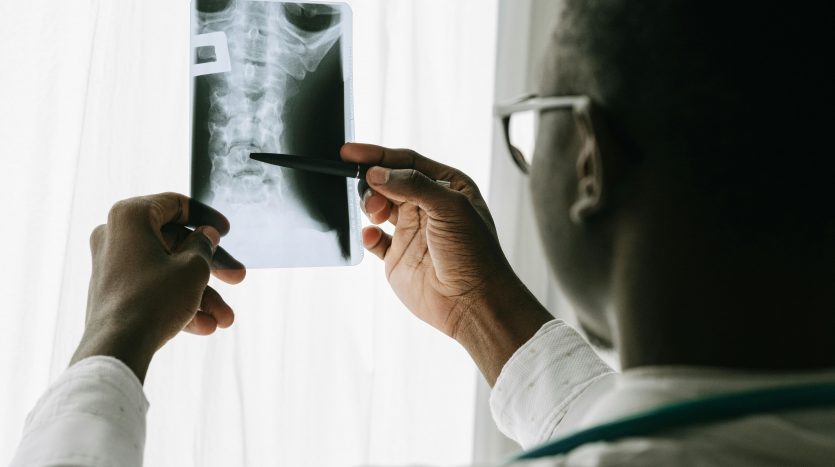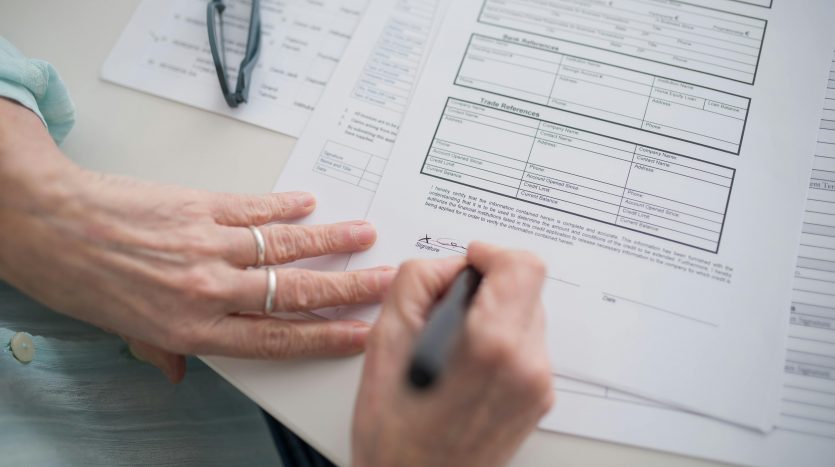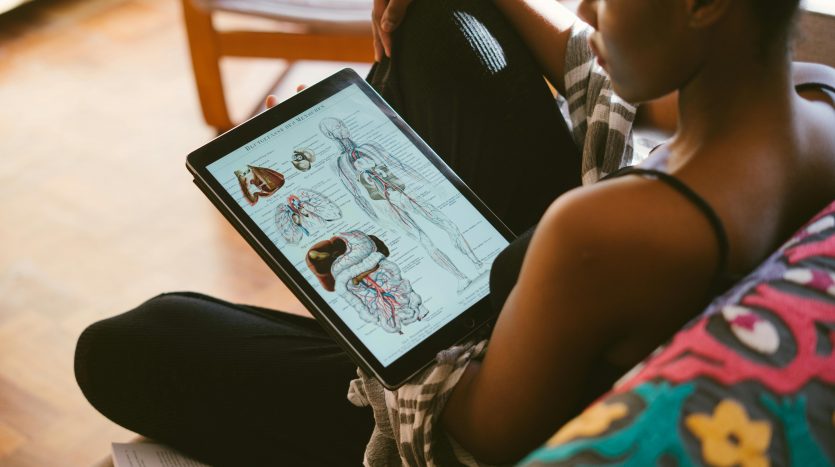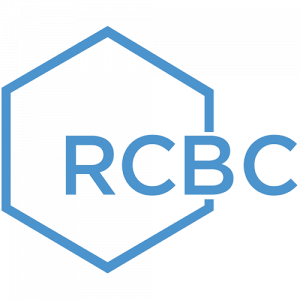Donating Your Body to Science After Death:
In a world driven by scientific progress and medical advancements, many individuals wonder about the possibility of contributing to the greater good even after they’ve departed. One such avenue for posthumous contribution is the act of whole-body donation to science. In this article, we’ll delve into the topic of body donation after death in the Philippines. We’ll shed light on the crucial aspects associated with this altruistic choice.
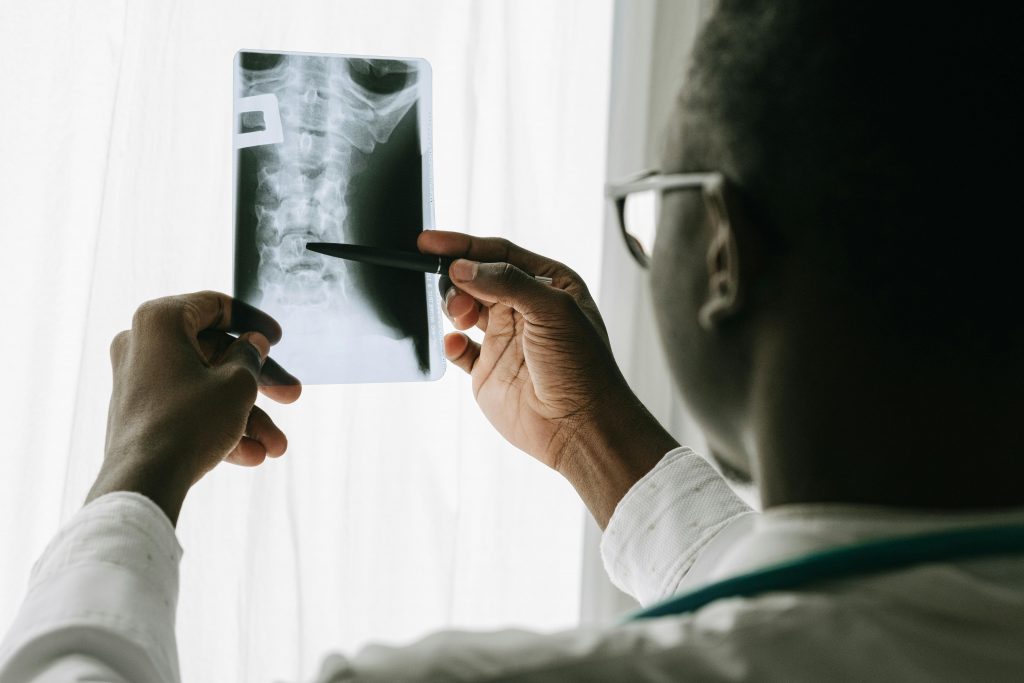
The Act of Posthumous Body Donation
What is Body Donation?
Body donation, often referred to as anatomical donation, is a selfless and responsible action. Individuals choose to leave their bodies to research facilities, medical or educational institutions so as to give light to scientific research and educational purposes. It plays a pivotal role in advancing medical knowledge, training future healthcare professionals, and conducting crucial research.
The Significance of Body Donation
Body donation is an invaluable gift to the field of medicine. When individuals decide to donate their bodies, they provide researchers and medical students with the opportunity to gain a deeper understanding of human anatomy, pathology, and surgical techniques. This, in time, will contribute to the development of more effective treatments, surgical procedures, and medical breakthroughs.
Whole-Body Donation in the Philippines
Legal Framework
In the Philippines, the act of donating one’s body to science is governed by certain legal provisions and ethical considerations. The Human Anatomy Act of 2009 (Republic Act 8493) outlines the regulations and guidelines for body donation in the country. This legislation ensures that body donations are handled with the utmost respect and ethical standards.
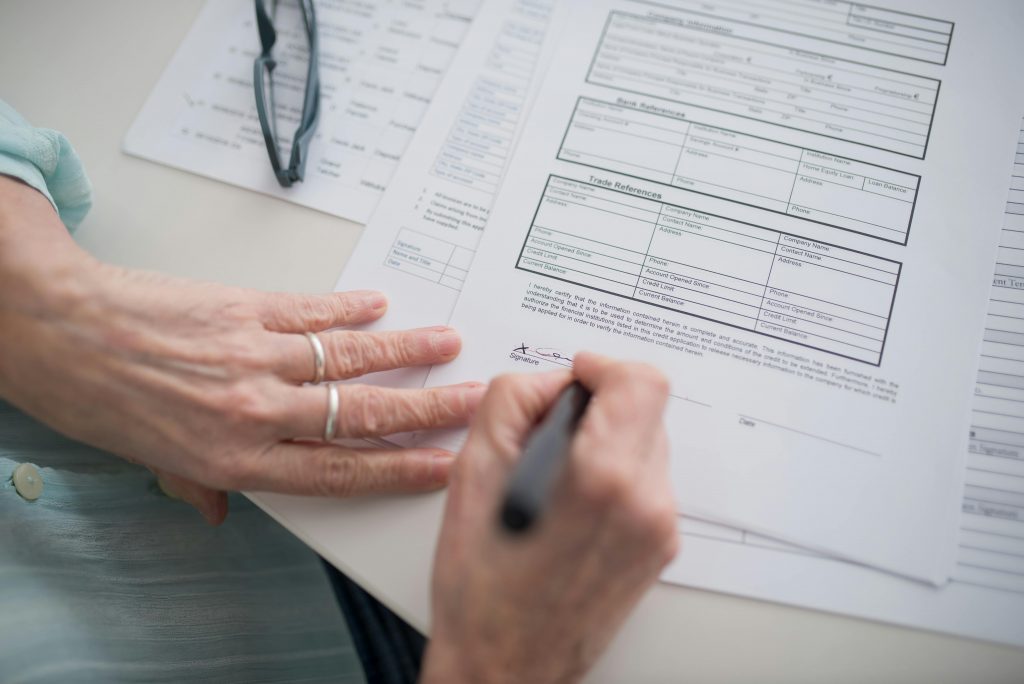
Eligibility and Consent
To donate your body in the Philippines, certain criteria must be met. Firstly, an individual must be of legal age and sound mind to make this decision. Secondly, explicit written consent must be provided, either by the donor themselves or by their next of kin if the donor is unable to do so. This consent is a crucial step in the process.
Process and Facilities
Once consent is obtained, the body is usually transported to an accredited medical or educational institution. Here, it undergoes a thorough examination and is subsequently used for medical research or educational purposes. It’s important to note that the handling of donated bodies in the Philippines is conducted with the utmost professionalism and respect.
Making a Difference
By choosing whole-body donation to science after death, you then leave behind a lasting legacy of knowledge and progress. Your contribution aids in training future doctors, nurses, and healthcare professionals, and it also plays a vital role in advancing medical science.


